It’s Boat Race time again and as soon as the BBC starts its broadcast on Sunday there will be those who invade Twitter and such places, having a moan faster than the Bullingdon Club can trash an Oxford curry house. Why’s it always the same two teams in the final? The more strident will demand why licence fee payers’ money is being spent on a private race that’s of no interest to anyone who wasn’t educated under one set of dreaming spires or the other.
It’s amazing how many people went to Oxbridge, in that case. Why do more than seven million viewers tune in each year, and why has the BBC just renewed its contract for another six years? Why are the riverbanks rammed solid with spectators for four miles? Why is this the best weekend to be a publican in Putney or Mortlake?
People watch because the Boat Race is gripping, gladiatorial sport. An 18-minute battle — three times the Olympic rowing distance — in which two crews race side by side (and are usually given a little licence to clash oars), while struggling to handle the bends of the river and choppy waves that spill icy water into their laps.
They have spent six months training for this one race and you can see how much it means by the desolation on the faces of the losers and the exhaustion on those of the winners. Few sportsmen so visibly leave it all out there on the field.
Oxford should be strong favourites. Their president, the Canadian Malcolm Howard, won gold at the Beijing Olympics and silver at London 2012 and they have two other Olympic medal-winners as well as a couple more of international quality. Cambridge are less celebrated but have oarsmen with experience of the race. It comes down to who has the guts and the greater pain threshold — and isn’t that what sport is all about?
Never mind the arrival of spring, there are a few other events to keep us away from the gardening this weekend. On the red clay of Naples, Britain face Italy in the Davis Cup quarter-finals, a stage our tennis players have not graced for many a year. Andy Murray will need to win both his singles matches and may have to play in the doubles as well, unless one of his compatriots ranked outside the top 100 can pull off a shock in the second-string singles matches.
Perhaps this is just what Murray needs to ignite a rather flat year. He has done no better than the semi-finals at any of his six tournaments and has not beaten anyone in the top ten. Without the stony-faced Ivan Lendl, the blank Czech, as his coach, he needs to motivate himself. National service could be the answer. Victory would mean a semi-final at home, probably against Roger Federer and Stan Wawrinka of Switzerland, a few days before the Scottish independence vote. Alex Salmond will be lobbying for it to be played in Glasgow.
And then there are the Heineken Cup quarter-finals. Four juicy matches lie in store, but none more so than Toulon, the defending champions, against Leinster, who have won it three times since 2009. It’s a last battle for two warhorses of European rugby: Jonny Wilkinson and Brian O’Driscoll. Enjoy them while you can.
It’s the season of April Fools in the newspapers, but it was very surprising that they all chose the same lame joke for their sports pages, a preposterous story that England had been thrashed by Holland at cricket. Yes, cricket. Still Ashley Giles, the England coach, is becoming a living embodiment of the old management theory, the Peter Principle, or should it be the Graham Taylor principle? The idea that you are promoted until you can’t do the job. Both clearly nice chaps and good at lots of things. But national team managers? Hmm….
Got something to add? Join the discussion and comment below.
Get 10 issues for just $10
Subscribe to The Spectator Australia today for the next 10 magazine issues, plus full online access, for just $10.


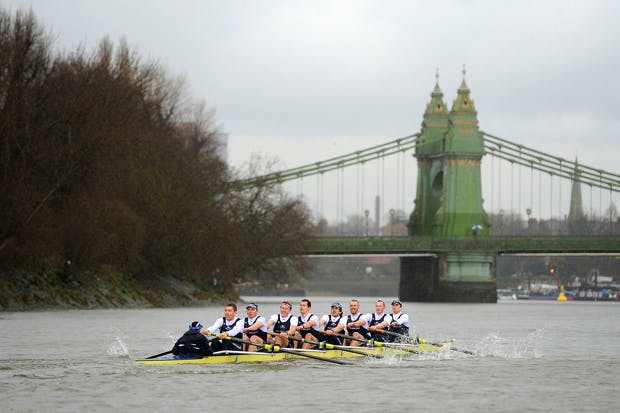
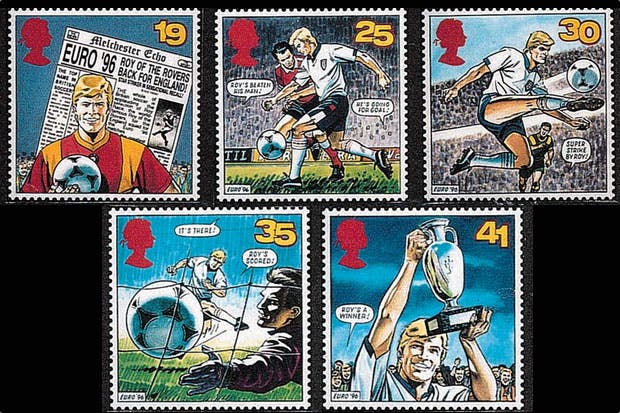

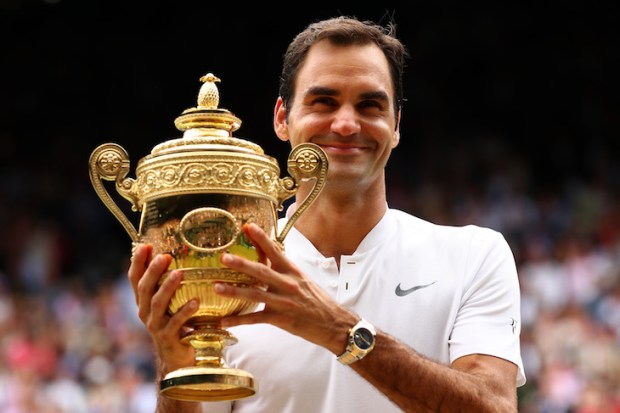
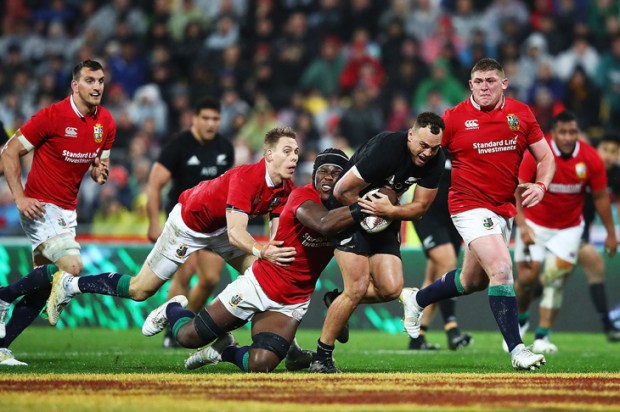
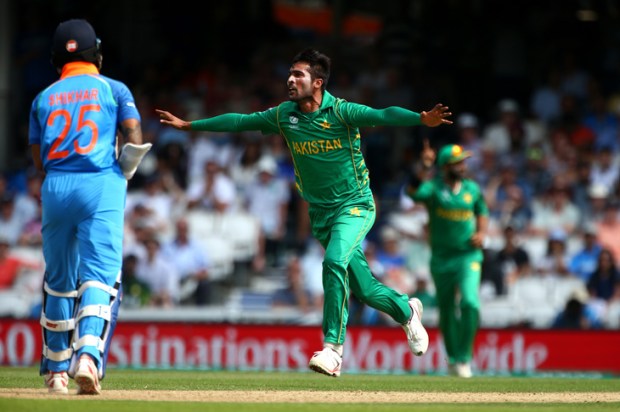
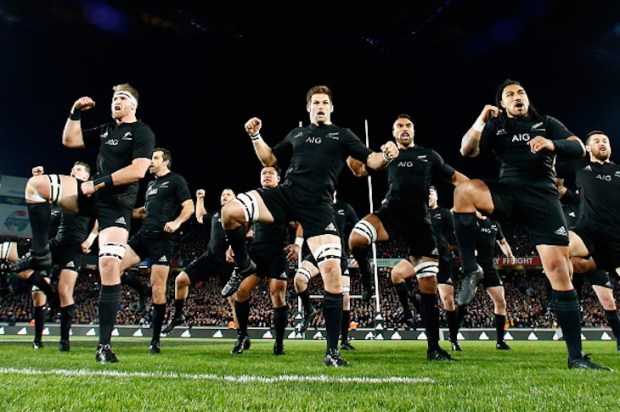






Comments
Don't miss out
Join the conversation with other Spectator Australia readers. Subscribe to leave a comment.
SUBSCRIBEAlready a subscriber? Log in